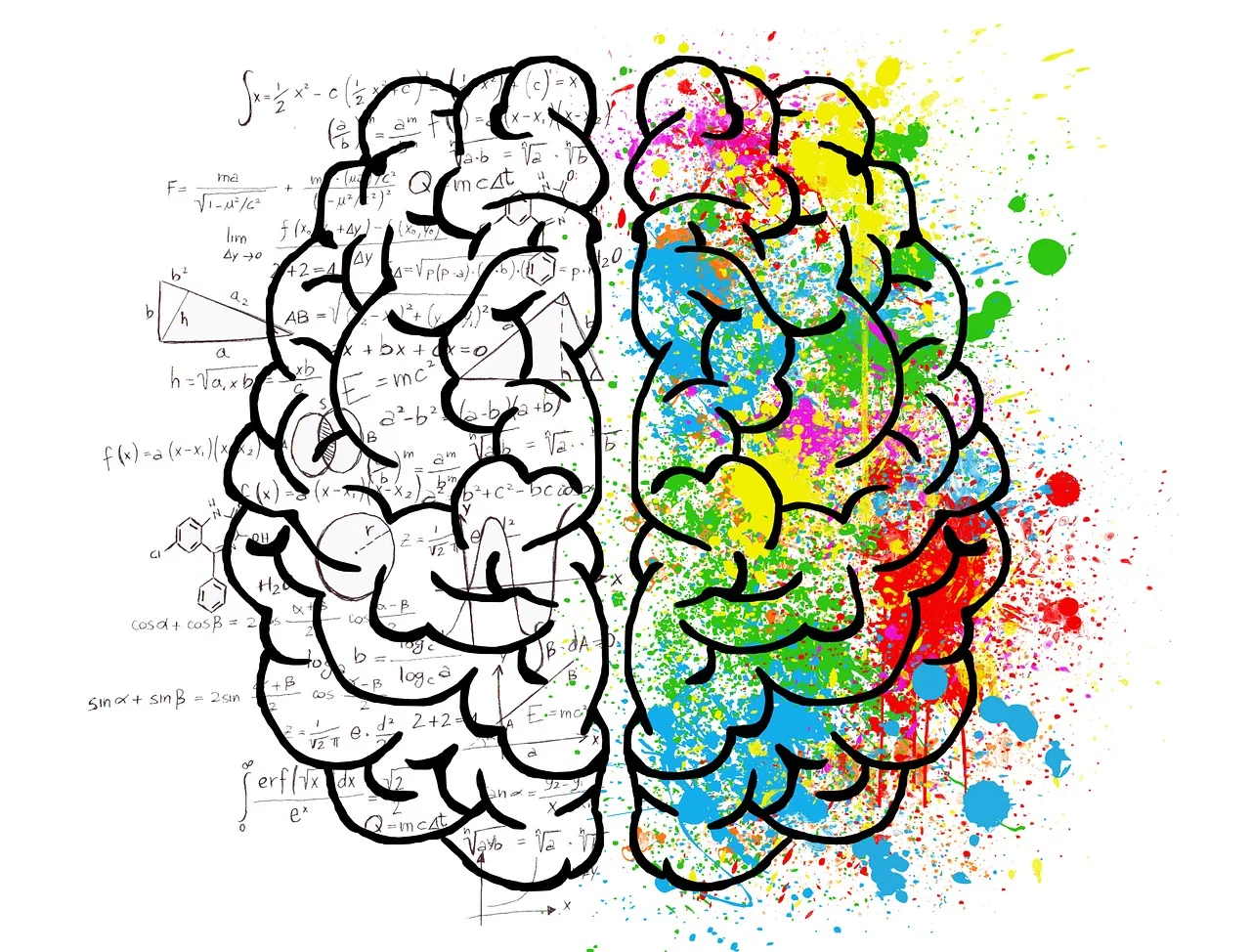How Hypnosis Affects the Brain
Understanding the Transformative Power of Hypnosis on the Brain
Have you ever wondered how hypnosis can bring about remarkable changes in a person’s thoughts, feelings, and behaviors? It’s fascinating to explore how this therapeutic technique can influence the brain and facilitate positive transformations. In this blog post, we will delve into the intricate workings of hypnosis and shed light on how hypnosis affects the brain.
Unveiling the Inner Workings of Hypnosis on the Brain
To comprehend how hypnosis affects the brain, we must first understand the brain’s two primary states of consciousness: the conscious and the subconscious mind. The conscious mind is responsible for our everyday awareness, decision-making, and logical thinking, while the subconscious mind stores our beliefs, emotions, memories, and habits.
When someone experiences their hypnotic trance, it often induces a heightened state of focused attention and relaxation. Research shows that this altered state of consciousness helps bypass the critical faculty of the conscious mind, allowing direct access to the subconscious mind.
The Neurobiology of Hypnosis
Numerous studies have utilized brain imaging techniques, such as functional magnetic resonance imaging (fMRI) and electroencephalography (EEG), to examine the neurobiological underpinnings of hypnosis. These studies have revealed intriguing insights into the effects of hypnosis on various brain regions and neural processes.
During hypnosis, the brain undergoes distinct changes, including alterations in brainwave patterns, increased connectivity between brain regions, and modulation of neurotransmitter activity. For instance, research has shown that hypnosis can lead to decreased activity in the dorsal anterior cingulate cortex, a brain region involved in monitoring errors and self-awareness.
Furthermore, hypnosis has been found to activate the dorsolateral prefrontal cortex, which plays a crucial role in decision-making and executive functions. This increased activation suggests that hypnosis enhances cognitive control and facilitates the adoption of beneficial thoughts and behaviors.
The Power of Suggestion and Hypnotic Trance
One of the fundamental elements of hypnosis is the power of suggestion. Suggestion refers to the process of providing specific instructions or guidance to the subconscious mind during the hypnotic trance. This unique state of focused attention and heightened suggestibility enables individuals to be more receptive to positive suggestions and therapeutic interventions.
When a skilled hypnotherapist utilizes suggestions tailored to the individual’s goals, desires, and challenges, it can bypass mental barriers and create profound changes in their thoughts, emotions, and behaviors. Metaphorically speaking, hypnosis acts as a key to unlock the door to the subconscious mind, allowing positive transformations to take place.
Rewiring the Neural Pathways through Hypnosis
Hypnosis not only influences the brain’s activity in the moment but also has the potential to rewire neural pathways over time. Neuroplasticity, the brain’s remarkable ability to reorganize itself, allows new connections to form and existing ones to be strengthened or weakened based on experience.
Studies have demonstrated that hypnosis can modulate neuroplasticity and facilitate the rewiring of neural networks. Through repetitive and focused suggestions, hypnosis can help individuals replace negative thought patterns, overcome fears and phobias, and cultivate positive habits. By rewiring the neural pathways, hypnosis paves the way for lasting changes and personal growth.
Harnessing the Healing Power of Hypnosis
The transformative effects of hypnosis on the brain are vast and varied. Hypnosis has been successfully used in various therapeutic contexts, such as managing chronic pain, reducing anxiety and stress, improving sleep, and aiding in smoking cessation. Its potential applications are continually expanding as researchers uncover new ways to leverage its power.
Through the integration of mindfulness practices, hypnosis promotes a state of deep relaxation and self-awareness, allowing individuals to tap into their inner resources and foster positive change from within. It empowers individuals to harness their innate abilities, conquer limiting beliefs, and cultivate a more fulfilling and meaningful life.
How Hypnosis Affects The Brain Is Truly Remarkable
Hypnosis is a remarkable therapeutic tool that influences the brain at both a conscious and subconscious level. By accessing the subconscious mind and utilizing the power of suggestion, hypnosis can rewire neural pathways and create lasting changes in thoughts, emotions, and behaviors. With its transformative abilities, hypnosis offers a path to personal growth and well-being.
Release Hypnosis Melbourne Hypnotherapy
Since 2016, Lawrence Akers has been working under the name Release Hypnosis offering Hypnotherapy and ACT based work to the people of Melbourne or an online service. Based on St Kilda Rd, Release Hypnosis is an easy and convenient location to get to and accessible by the ANZAC station train and tram stop. Release Hypnosis can help with a wide range of presenting issues, and I offer a free 30 minute no obligation discovery call for those who are unsure if hypnotherapy is the right way forward for them.
Book Your FREE 30 Minute Consultation With Release Hypnosis NOW!
You may also like to read:
10 Daily Habits for Managing Anxiety and Stress
How to Relieve Anxiety at Bedtime: Tips for a Restful Night’s Sleep
The Power of Progressive Muscle Relaxation
Mastering Mindful Communication: Enhancing Relationships and Connections








